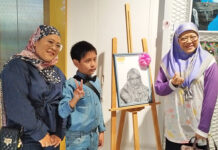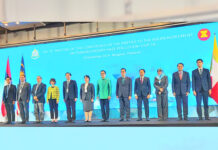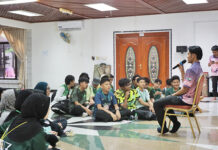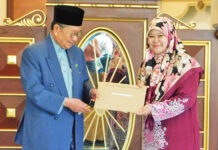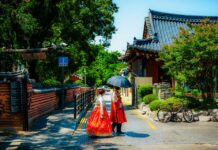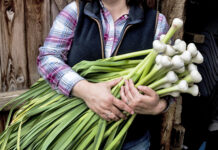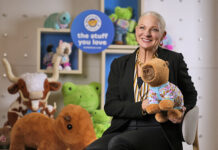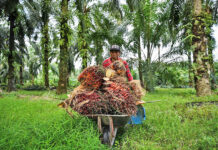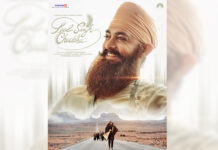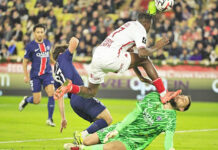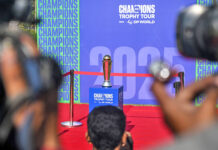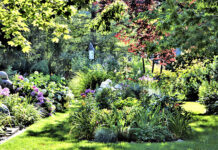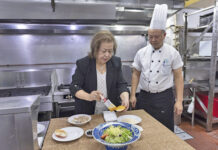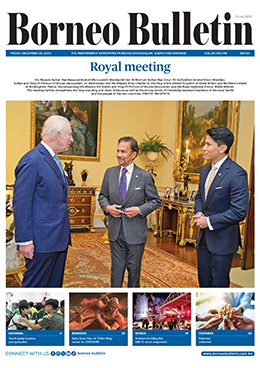ANN/THE STAR – Anthony Escarraga participated in a community basketball team preparing for a tournament. During their training sessions, he noticed that one of his teammates consistently left early every Tuesday.
Later on, the team discovered that their fellow player was actually attending swing dancing classes, a secret hobby they had never known about. Intrigued, he extended an invitation to the team, welcoming them to join if they were interested.
Escarraga loved dancing and was interested but he kept it to himself for a few weeks. On one of those Tuesdays, though, he skipped practice and attended the event organised by KL Swing.
It was an eye-opening experience.
“At first, I wasn’t sure what was going on,” said Escarraga, who is of Kadazan-Filipino descent. “They were dancing in six- and eight-counts, which I didn’t understand.”
But he kept going for swing classes and socials (where dancers put into practice what they learn in class) and soon figured out the patterns. That was in 2016. While he stuck with it, the friend who introduced him to the dance did not.
Escarraga is now one of the volunteers in KL Swing’s organising committee and helps out with the blues dancing socials.
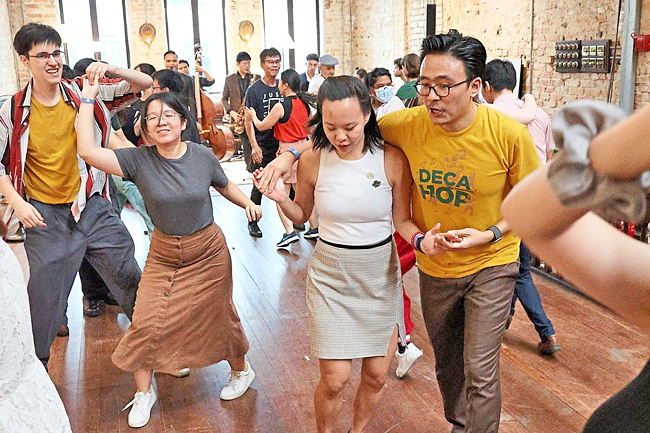
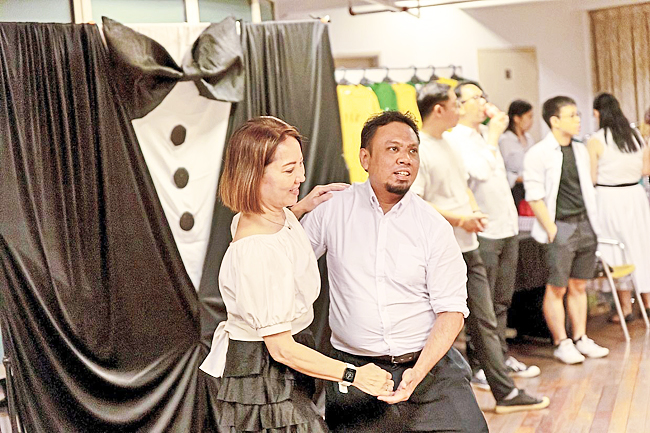
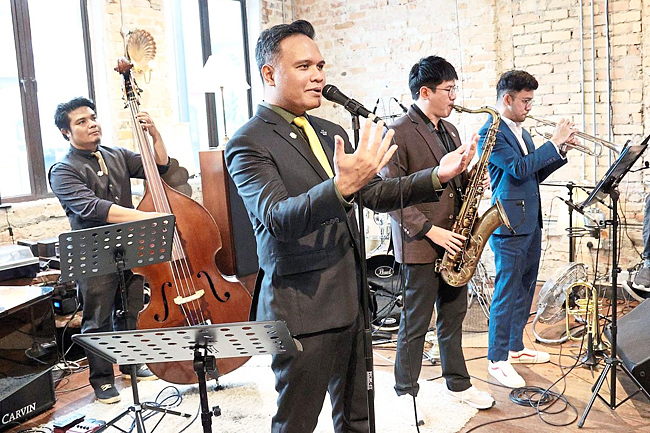
“At socials, we meet new people all the time. You dance with people you know, and with people you have only just met.
“I’m really awkward and shy, but in Lindy Hop, I opened up. I came out of my shell,” he said.
Project manager Iylia Zafri noticed this about many of the current dancers who used to hug the wall initially. He himself didn’t feel confident in partner dancing in the beginning.
Now he’s an instructor besides being a member of the team that organises KL Swing’s calendar of activities – in fact, he’s the go-to guy for any queries about the community.
Iylia was drawn to swing dancing through his love of jazz music. He looks puzzled when asked if he will ever stop dancing, as if the answer isn’t obvious.
Anyone with an interest in swing dancing in Malaysia will be familiar with Ming Pang.
She started KL Swing 15 years ago, holding weekly swing classes. The community gradually grew. When the pandemic hit, things ground to a halt. “After Covid, the community shrank and we had to reset,” said Iylia.
He and his fellow diehard hobbyists wanted to keep the fire going. They volunteered themselves, forming a core team to get things rolling again.
Today, classes in various types of swing dance and socials are held several times a week.
The community consists of Malaysians, and non-Malaysians, from various ethnic backgrounds and professions.
BREAKING THE RACE BARRIER
The dance has a long and colourful history. Here’s the short version.
Swing is the umbrella term for many types of dances that developed with the swing style of jazz music in the United States in the 1920s to 1950s.
It has strong African American roots.
Lindy Hop, often called America’s national dance, is the original jazzy, partnered dance consisting of eight- and six-count patterns.
It was born in Harlem, New York City, and evolved organically as a street dance.
Its name is said to have been inspired by newspaper headlines in 1927 pronouncing aviator Charles Lindberg’s non-stop flight across the Atlantic Ocean as a “hop”.
Lindy Hop also breaks out of gender stereotypes.
“Anyone can be the lead or follow,” said Iylia, referring to the roles of the dancing partners.
These are all reasons that make Lindy Hop so accessible. No matter the level of experience, whether you want to keep it relaxed with the basic “rock step, triple step” or make your moves more elaborate, everyone can share a dance floor as long as it’s in time to the music.
IN THE MOOD
A word that is often used to describe Lindy Hop is wholesome.
KL Swing’s events aren’t held in suspicious looking establishments; the venues are vibrant and cheerful – just like the dances. “The vibe is more pleasant,” said Escarraga.
Music is inarguably the most important element in Lindy Hop.
Some people have no objection to dancing to Top 40 hits, but this is a hot-button issue within the dance community at large.
“It’s almost blasphemy to talk about that,” said Iylia.
“We’re very protective of the music. We want to keep it traditional.”
That means music created in the swing era or from neo-swing bands and contemporary musicians who play and sing in that style.
A band like The Frankie Sixes, for instance, who do a bi-monthly collaborative show with KL Swing called Lindy Hop Live at Jao Tim, a cafe and events space in Chinatown that provides the perfect setting for swing dancing.
The band gets its name from dance moves invented by Frankie Manning, one of the founding fathers of Lindy Hop in the 1930s in the United States. Lead singer Reza Salleh is a swing dancer himself.
“I’ll keep dancing for as long as I can,” he smiled.
At Lindy Hop Live, The Frankie Sixes cover the standards, but the highlight is when they play original music from their self-titled extended LP.
The lead single Tepuk Amai-Amai is a catchy tune in Malay with nostalgic references.
It is just made for Lindy Hop as evidenced from the music video for the song, which was crowdsourced and features a collaboration of 105 dancers from 12 countries.
Even if you don’t want to dance, it’s always fun to be at a social. Vernacular jazz – a collection of dances created in the African-American communities during the late 1800s through mid-1900s to jazz and swing music – is rich and descriptive, and watching the moves being performed will put a smile on your face.
Many people come in era- inspired attire too. Some are dressed to the nines, others usually hit at least the sixes.
But all one really needs is comfortable clothes, a broken-in pair of canvas shoes and plenty of enthusiasm.


